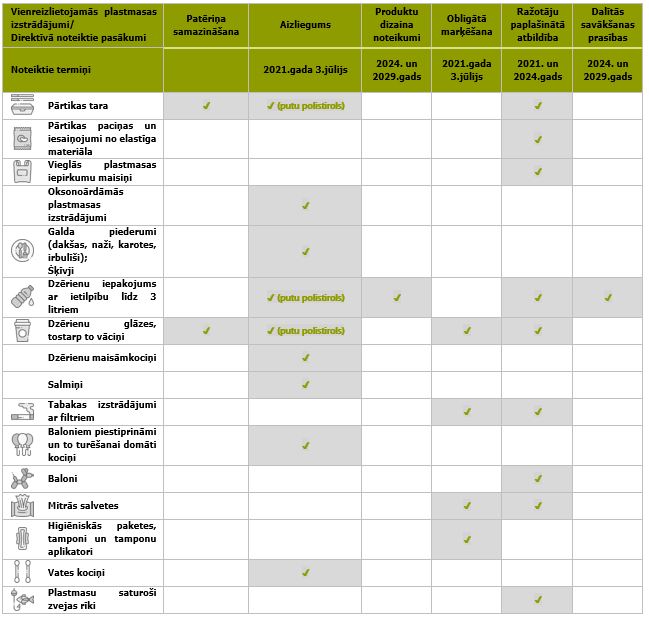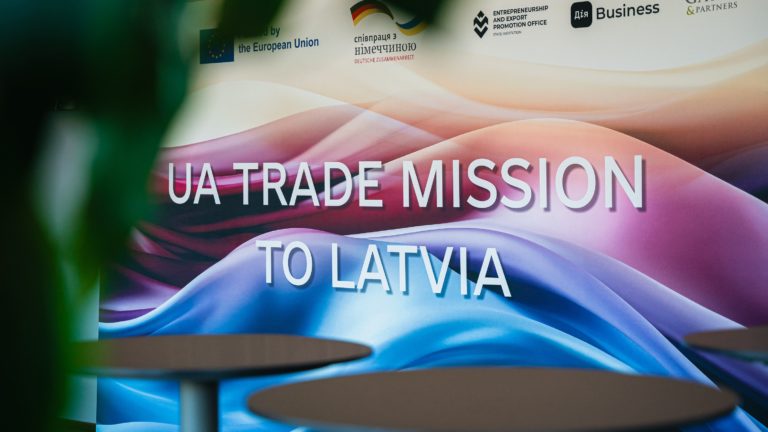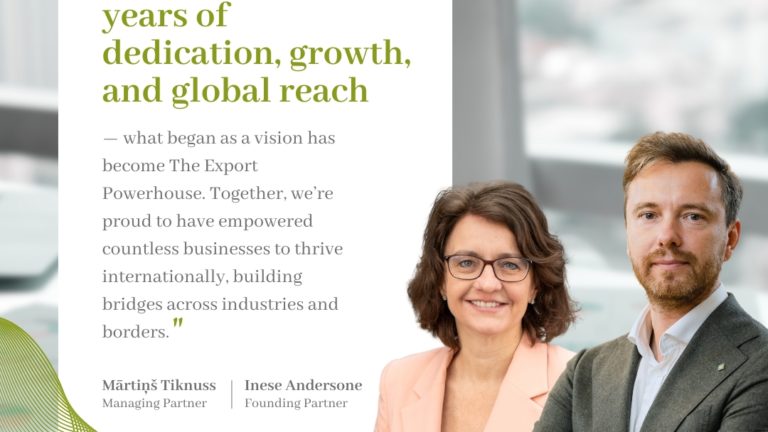Directive 2019/904, also called as SUP (single used plastic) Directive, is a turning point for disposable product usage, demanding producers to participate not only in the sales process but also in thinking about the waste management of their products. This is a cornerstone towards the circular economy and producer’s responsibility.
Even though the Directive 2019/904 has set the first deadlines already for June 2021, by February 2021 there are still no common EU guidelines available for the public. Gateway&Partners were contributing to the Latvian situation’s analysis in the middle of 2020, thus the research done helps to understand the categories in focus, their weight of waste, currently involved commercial entities, waste management possibilities both locally as well as comparing the situation in other countries. Research is done for the Latvian Ministry of Environment Protection and Regional Development, which is responsible for ministry preparing the local Latvian regulations to meet the EU requirements.
Main points:
- 16 subcategories noted in Directive 2019/904 from disposable plastic cutlery to tobacco products and fishing gears containing plastic
- Directive assesses the products from their number perspective,not the impact on weight. While yearly around 30 000 tons of waste in Latvia are impacted, where the majority is beverage containers.
- If the product contains plastic, it is under Directive 2019/904. No minimal threshold level allowed.
- 9 different categories have restrictions on placing on the market, from those the most challenging transition is for disposable cutlery and straws and food containers made of expanded polystyrene.
- Product marking requirements are in force from July 2021, while products have a global value chain (only 1-2 producers in Latvia and mainly focused on exports). No marking requirements have been shown in public.
- For beverage containers – besides non-alcoholic categories, it includes milk and other dairy categories both for single used plastic packaging as well as composite packaging.
- The most restrictions are for the beverage containers as well as for cups for beverages.
- UK researchers confirm that for some of the categories the economic benefits of the sales are less than waste management of those products.
- While balloon and their run in the air seem like beautiful activity, it is also direct pollution of the environment
The full research in Latvian – https://www.varam.gov.lv/sites/varam/files/content/petijums_par_plastmasu_saturosiem_izstradajumiem_siagatewaypartners_2020.pdf


